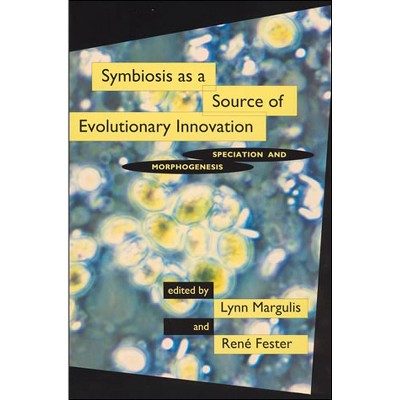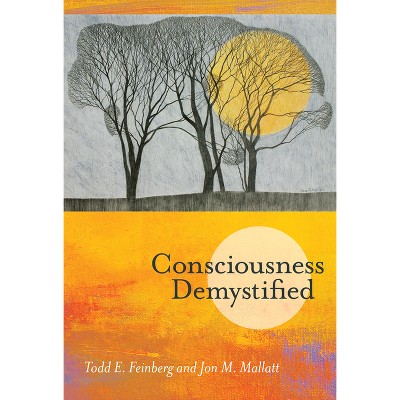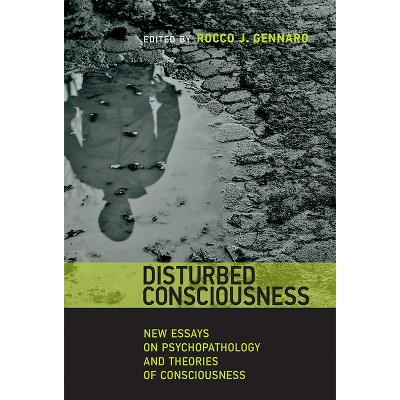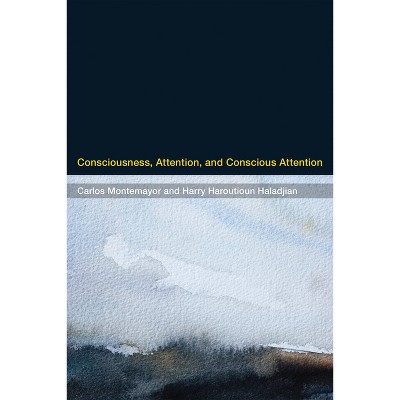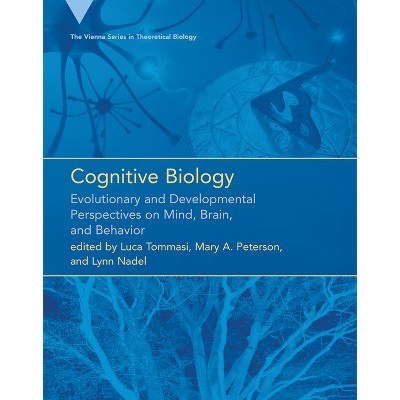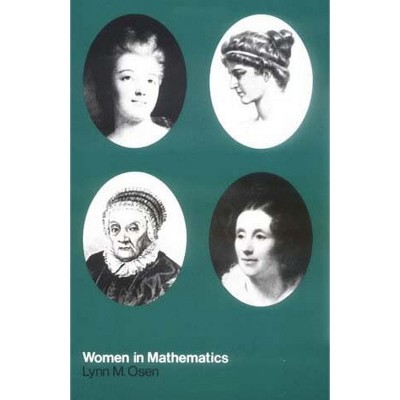Sponsored

Chimeras and Consciousness - by Lynn Margulis & Celeste A Asikainen & Wolfgang E Krumbein (Paperback)
In Stock
Sponsored
About this item
Highlights
- Scientists elucidate the astounding collective sensory capacity of Earth and its evolution through time.Chimeras and Consciousness begins the inquiry into the evolution of the collective sensitivities of life.
- About the Author: Lynn Margulis (1938-2011) was Distinguished Professor of Botany at the University of Massachusetts at Amherst.
- 344 Pages
- Science, Philosophy & Social Aspects
Description
About the Book
Scientists elucidate the astounding collective sensory capacity of Earth and its evolution through time.Book Synopsis
Scientists elucidate the astounding collective sensory capacity of Earth and its evolution through time.Chimeras and Consciousness begins the inquiry into the evolution of the collective sensitivities of life. Scientist-scholars from a range of fields--including biochemistry, cell biology, history of science, family therapy, genetics, microbial ecology, and primatology--trace the emergence and evolution of consciousness. Complex behaviors and the social imperatives of bacteria and other life forms during 3,000 million years of Earth history gave rise to mammalian cognition. Awareness and sensation led to astounding activities; millions of species incessantly interacted to form our planet's complex conscious system. Our planetmates, all of them conscious to some degree, were joined only recently by us, the aggressive modern humans.
From social bacteria to urban citizens, all living beings participate in community life. Nested inside families within communities inside ecosystems, each metabolizes, takes in matter, expends energy, and excretes. Each of the members of our own and other species, in groups with incessantly shifting alliances, receives and processes information. Mergers of radically different life forms with myriad purposes--the "chimeras" of the title--underlie dramatic metamorphosis and other positive evolutionary change. Since early bacteria avoided, produced, and eventually used oxygen, Earth's sensory systems have expanded and complexified. The provocative essays in this book, going far beyond science but undergirded by the finest science, serve to put sensitive, sensible life in its cosmic context.
Review Quotes
"I consider this to be an extremely important collection of papers that could change the nature of the currently unhealthy and unhelpful arguments about evolution....It is a rich introduction to a vast field of research still little known to the general public and insufficiently appreciated by mainstream scientists."--from the foreword by John B. Cobb Jr.
"In this volume a group of bold and imaginative scholars probe the edges of the paradigm to investigate the 'hard problem' of consciousness by exploring its evolutionary roots from deep in the microbial world to its cultural embodiments. This is a new view of the biosphere, natural philosophy at its most challenging."--Harold J. Morowitz, Robinson Professor of Biology and Natural Philosophy, George Mason University
"The message from editors Margulis, Asikainen, and Krumbein is an important one for numerous disciplines, biology, environmental science, philosophy, and theology among them. Undoubtedly, this book will also make a significant contribution to the study of our own species. In a palpable sense, it will help re-define what it means to be human in the context of 30 million co-evolved organisms on an ancient Earth system."--Bruce Rinker, ecologist, science educator, and explorer; co-editor of Gaia in Turmoil
About the Author
Lynn Margulis (1938-2011) was Distinguished Professor of Botany at the University of Massachusetts at Amherst. An evolutionary theorist and biologist, science author, and educator, Margulis was the modern originator of the symbiotic theory of cell evolution. Once considered heresy, her ideas are now part of the microbiological revolution. Celeste A. Asikainen, a geologist, is the administrator of the Margulis Laboratory and a doctoral student. Wolfgang E. Krumbein, formerly at Oldenburg University in Germany, is counted among the founders of geomicrobiology and biogeochemistry, new scientific fields especially relevant to global climate and planetary biology. Alfred I. Tauber is the Zoltan Kohn Professor of Medicine, Professor of Philosophy, and Director of the Center for Philosophy and History of Science at Boston University. Wolfgang E. Krumbein, formerly at Oldenburg University in Germany, is counted among the founders of geomicrobiology and biogeochemistry, new scientific fields especially relevant to global climate and planetary biology. Celeste A. Asikainen, a geologist, is the administrator of the Margulis Laboratory and a doctoral student. Lynn Margulis (1938-2011) was Distinguished Professor of Botany at the University of Massachusetts at Amherst. An evolutionary theorist and biologist, science author, and educator, Margulis was the modern originator of the symbiotic theory of cell evolution. Once considered heresy, her ideas are now part of the microbiological revolution.Shipping details
Return details
Frequently bought together

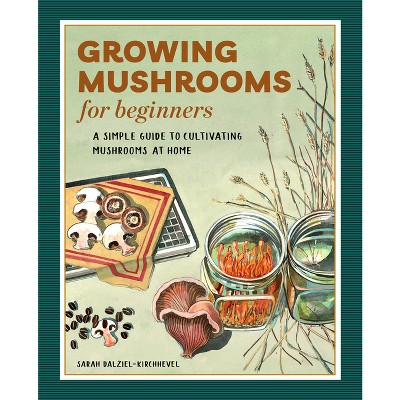
Trending Non-Fiction










